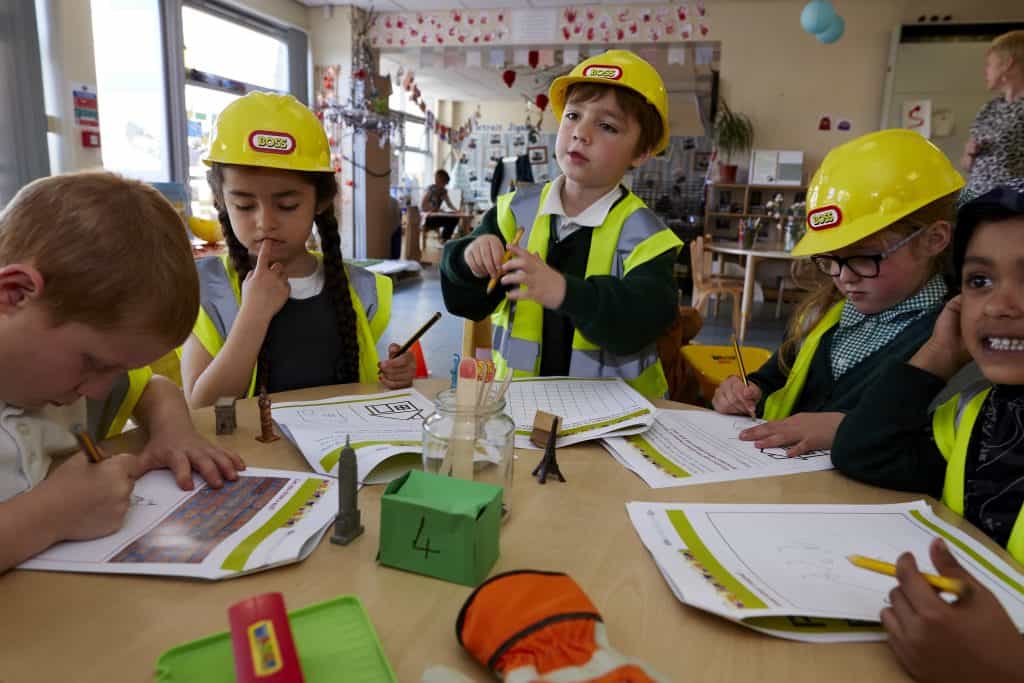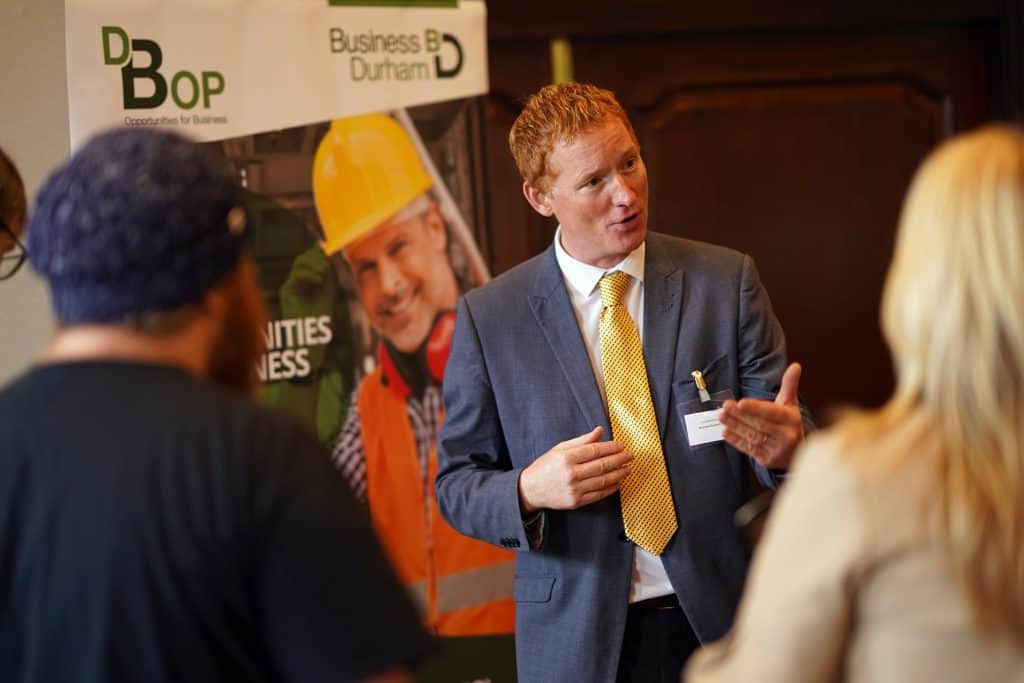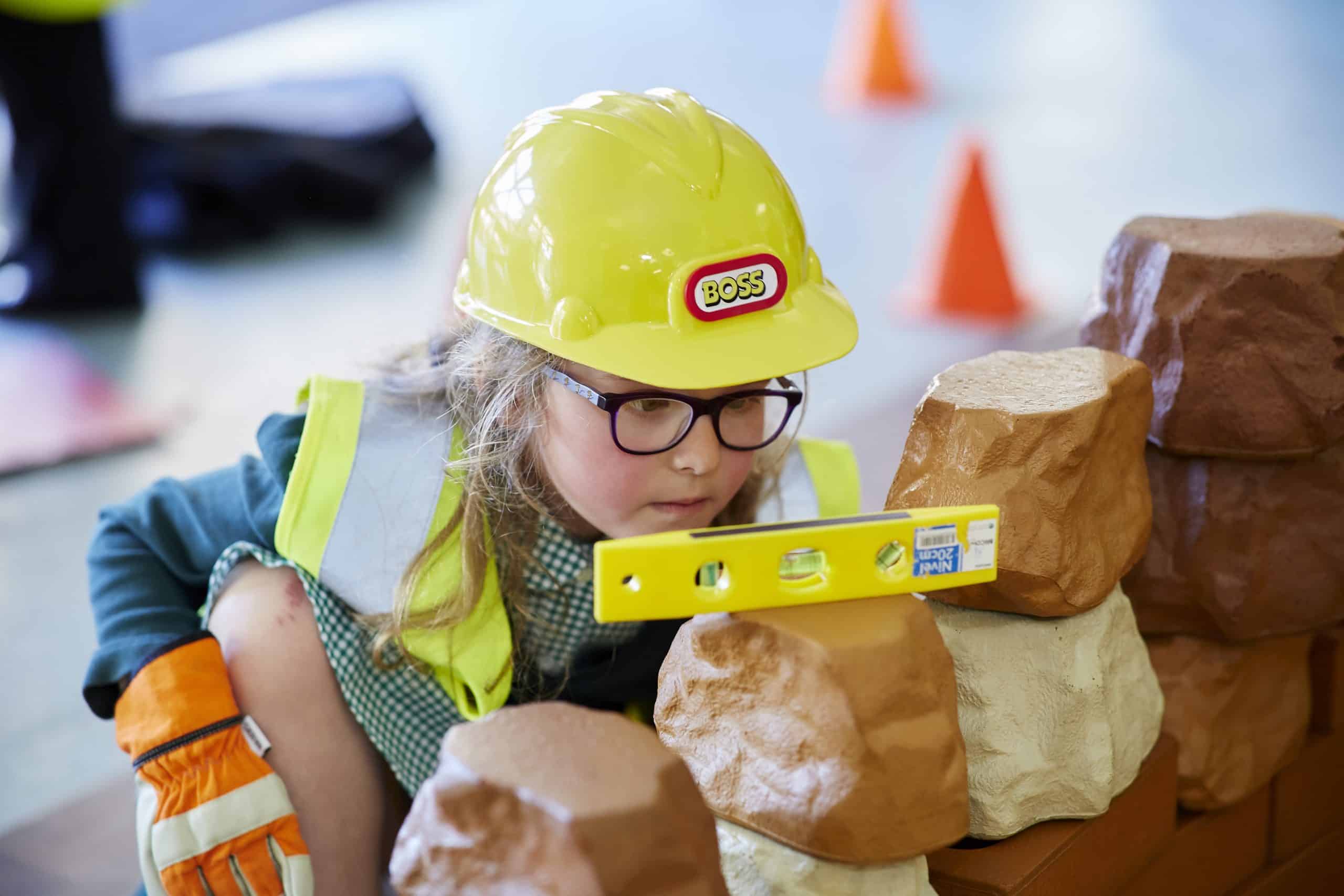Ashden’s Local Authority Hubs are helping councils come together to tackle their biggest climate challenges. Richard Carroll from Durham County Council shares insights on how to deliver sustainable procurement.
At Durham County Council, we see social value as a vital part of all our procurement processes. It’s important we spend our money and deliver services in a way that supports our residents and brings benefits to our local communities – like a thriving local economy, a nicer environment, and better health. We’re exploring how a new way of measuring local impact can make this ambition a reality.
Year after year if feels like the authorities here in North East England (and many others elsewhere in the UK) are having a growing influence nationally on this social value agenda, and I know there has been some great social value work across our region.
The historical difficulty is how you build social value in with quality and price as a meaningful criterion to form part of the award assessment of procurement activity. So we’ve been working with NEPO and other authorities in the North East through our Social Value Delivery Group to get together to think about how we could do this; liaising with the social value portal, we adopted their TOMs (themes, outcomes and measures) process for social value assessment.
When it comes to supporting our local economy the council is a national leader, with high levels of spending in the authority area and our region. 69 per cent of our annual £530 million budget is spent in the North East and 46 per cent in County Durham.
Furthermore, 58 per cent is spent with small and medium sized enterprises (SMEs) and 13 per cent is invested in the voluntary and community sector. This success has been part of a conscious and concerted effort to support local businesses whilst operating under the regulations of public sector procurement.
As an example, we recently appointed Esh Construction as our contractor for the new £6 million Bowburn Primary School, partly because of its commitment to delivering social value (which was a key assessment criteria of our award mechanism). Esh employs 340 County Durham residents, and has 450 County Durham businesses within its supply chain. The Durham-based firm is one of only a few UK companies to have received the Queen’s Award for Enterprise for Promoting Opportunity Through Social Mobility. The project-specific social value commitments proposed as part of their tender bid allowed them to score highly within that evaluation section, and with a strong quality and commercial proposal, identified them as the preferred bidder.
Through responsible procurement Esh Construction completed the scheme with 92 per cent spend from the 12 local authorities which make up the NEPO region, of which 47 per cent was from County Durham. 50 per cent of operatives were Durham residents and 80 per cent residents of the NEPO region. Although the scheme was delivered during Covid, Esh still delivered a considerable social value package which included education sessions in local primary schools, the provision of digital employability resources to all Durham secondary schools, over £20,000 in donations to local causes and construction skills training to 100 Durham residents via the council.
Local TOMs – a tool to support small business
Our new tool to go even further in this area is a Durham-specific version of the national TOMs framework – which puts a financial value on decisions, based on their social impact relevant to Durham. Working with Social Value Portal, we’ve taken the national TOMs model and linked it to our own plans, policies and council vision, working closely with a number of internal and external service area stakeholders (such as our own council low carbon team and local community engagement teams). This knits the tool together with other activities across the Council.
This meant focussing on measures that reflected our council aims and creating new measures and values specific to Durham, that reflect the benefits people here want to see. So, for example, having a measure specifically focussing on supporting care leavers into paid employment. Now with this tool, council spending over a certain threshold makes use of these criteria which we can adapt and evolve based on the needs of our communities.
What we’re trying to do with main contractors, especially in construction, is use our new TOMs model to encourage their engagement of and use of more local community businesses in projects they deliver on behalf of the Council. In support of this, the council is running a Durham Business Opportunities Programme via Business Durham. This is a two-year initiative educating local SMEs from the construction industry on how to do business with the Council, but also how to do business with us indirectly via tier one supply chains. The TOMs model is really good as a procurement tool to encourage that type of engagement as it benefits the Tier One enterprises in their bidding strategy but also increases the benefits to our community of utilising local business.

We’re showing these SMEs how to support Tier one and out-of-area businesses in their tender bidding. These local SMEs are potentially a really valuable asset to the large companies, because as they’re based in Durham, they’re going to bring a high social value impact that boosts the companies’ chances of winning tenders with us – even more so in the future, as social value is becoming a more used and highly weighted award criteria in our tender processes. Our fundamental trinity will be Quality, Price and Social Value.
We launched the local TOMs last month, and will start to roll it out into more projects in the months ahead, checking the impact on the market and our tender returns. There’s a big training and education aspect to all this too, not least to the markets we are targeting through our competitive tendering. This is a journey, with much thinking about our future phases needed. It’s not job done and sit back now we’ve introduced this model!
We need to monitor progress, look at what’s working and what’s not proving successful and learn lessons from the work going forward. And we need to ensure our tool is relevant to the latest developments in local, regional and national policies. We’ll likely need to be more targeted on social value in future to create focussed and meaningful impacts on our community – maybe giving tenderers a ‘shopping list’ of activities, projects and support methods that they can pick from that have a direct community benefit.
We need tangible outcomes of course – talk is great, but we need to look and see if we have delivered real CO2 reductions and whether more local businesses are supporting the delivery of projects or contracts. Are we helping to generate more opportunities for young people, disadvantaged groups, or people leaving care? Have they got better access to jobs, training and taster sessions? Is the community benefitting from the contracts we are putting in place and the social value outcomes we are generating through our procurement activity?
It’s crucial we put social values right at the heart of our work. With new approaches, strong senior leadership backing and a clear plan of where we want to be in this space, we’re confident we can go even further in this area and show that in procurement, we don’t ‘just buy things’ but can have a huge positive influence and impact on our local communities too.
Discover more expert advice on green procurement – from planning and strategy to measuring impact.

